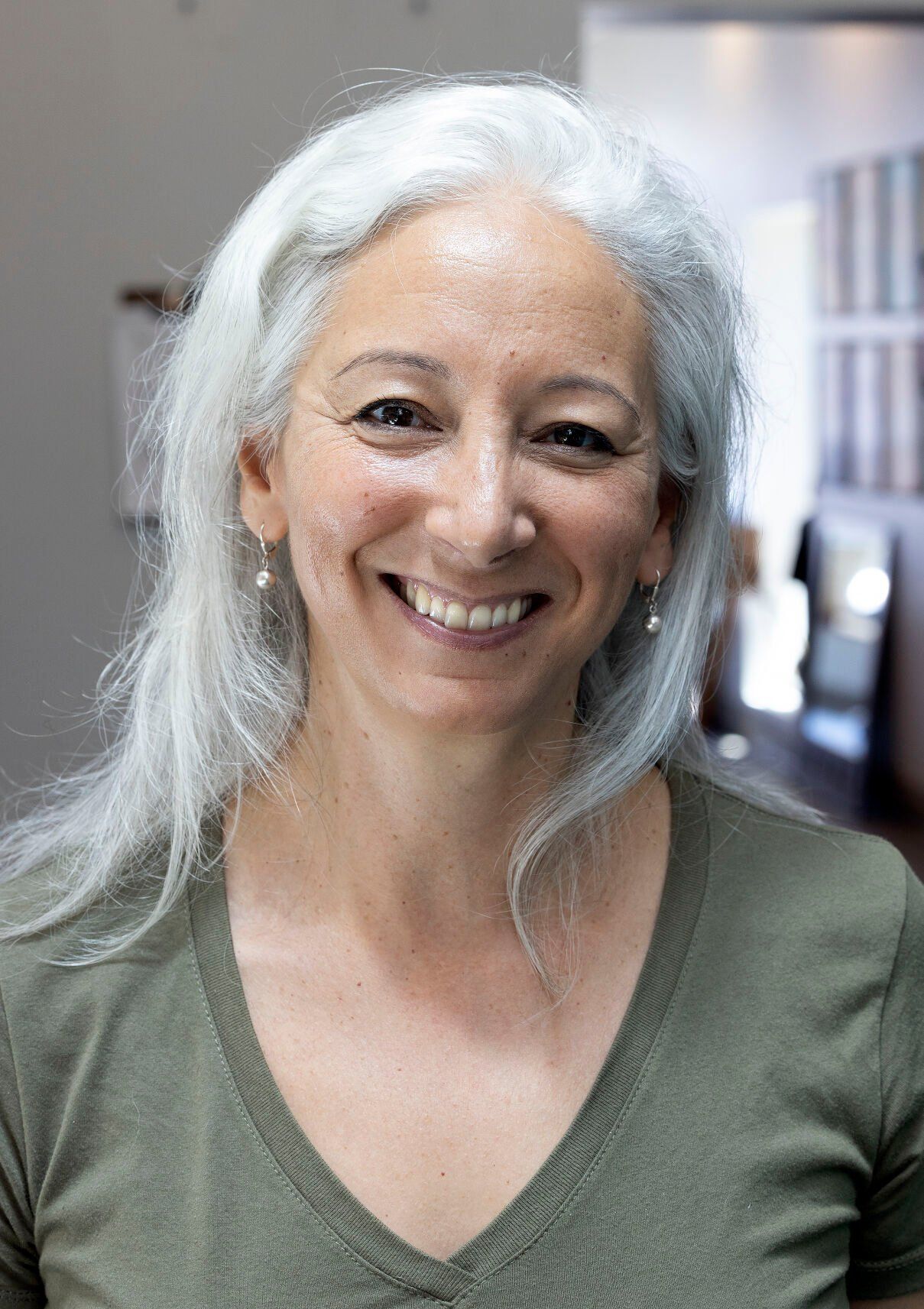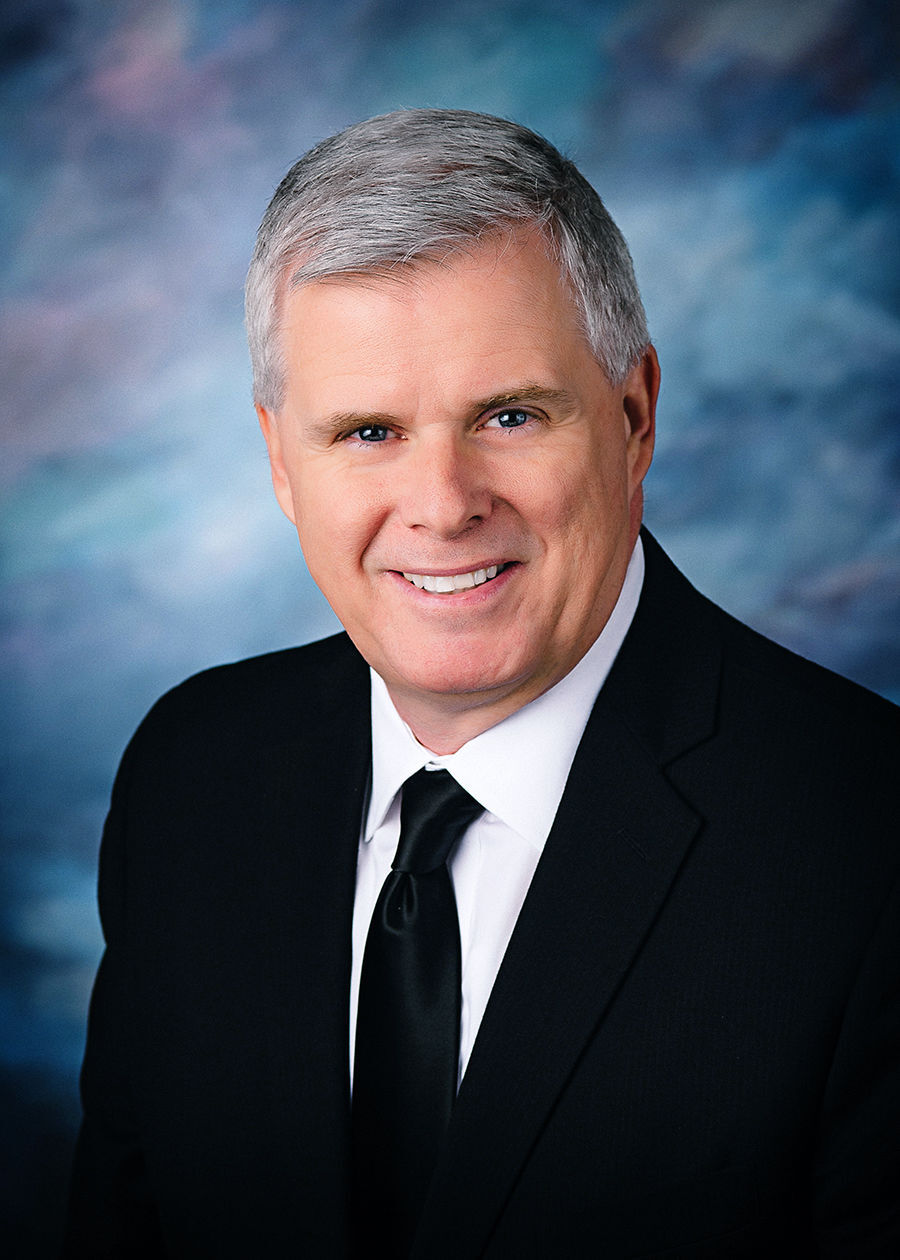In early 2020, Convivium Urban Farmstead staff applied for as many grants as possible to keep the nonprofit afloat amidst the uncertainty of the COVID-19 pandemic, co-founder Leslie Shalabi said.
One of the grants the business applied for was an emergency loan from nonprofit Dubuque Initiatives, which recently closed out on the first of two rounds of loans it doled to small businesses out in 2020.
“We applied for a loan that was going to take a minute (for funds to arrive),” Shalabi said. “We applied for (the Dubuque Initiatives loan) and got it right away. It really helped bridge the gap between this immediate, kind of dire need and the help (from other loans) that were going to take a little longer.”
The repayment period for the first round of three-year loans ended July 1. For that phase, Dubuque Initiatives approved $500,000 in loans with terms of up to $10,000 for local businesses at 0% interest for six months and 1% interest for the remainder of the loan.
Based on data from that first round, Dubuque Initiatives officials say the effort was a success both in helping local businesses secure funding and in seeing those loans repaid.
“(The start of COVID-19) was such a time of uncertainty, and there were a lot of nervous feelings going around with not just the business community, but people at large,” said Kevin Lynch, president of Dubuque Initiatives. “It was definitely something that was impacting our business community, and it’s our mission to help that group. … It turned out to be just a huge success.”
The program, which was established with the help of East Central Intergovernmental Association, was so popular that the initial $500,000 approved by Dubuque Initiatives quickly was used. The nonprofit approved a second phase of three-year loans it offered later on in 2020, again totaling around $500,000.
Recently shared data on the first loan phase — which included some businesses with both first- and second-round loans consolidated — reported $550,000 was loaned out to assist 51 small businesses. Dubuque Initiatives has recovered $524,656.74 in both loan repayments and interest at the close of the first round.
The total represents a non-payment percentage of about 4.6%, well below Dubuque Initiative’s anticipated percentage of 10% to 12%.
The nonprofit anticipates closing out on the second round of loans in October, and Lynch said officials expect to again see a high rate of repayments.
“It was something that the business community really responded to and was in need of,” Lynch said of the loan program. “I’ve been proud of our group ever since. We worked hard to put this in motion and get it out there.”
Shalabi said the effort to apply for loans such as the Dubuque Initiatives one — which Convivium paid back — helped with the continued success of the business today.
“Looking out three years later, we really used that time during COVID … to think about who we were as an organization,” she said. “We had time to reflect. Now, we’re coming out of COVID stronger than ever. I really believe having that tiny bit of help at the beginning of the process helped us be where we are today.”



